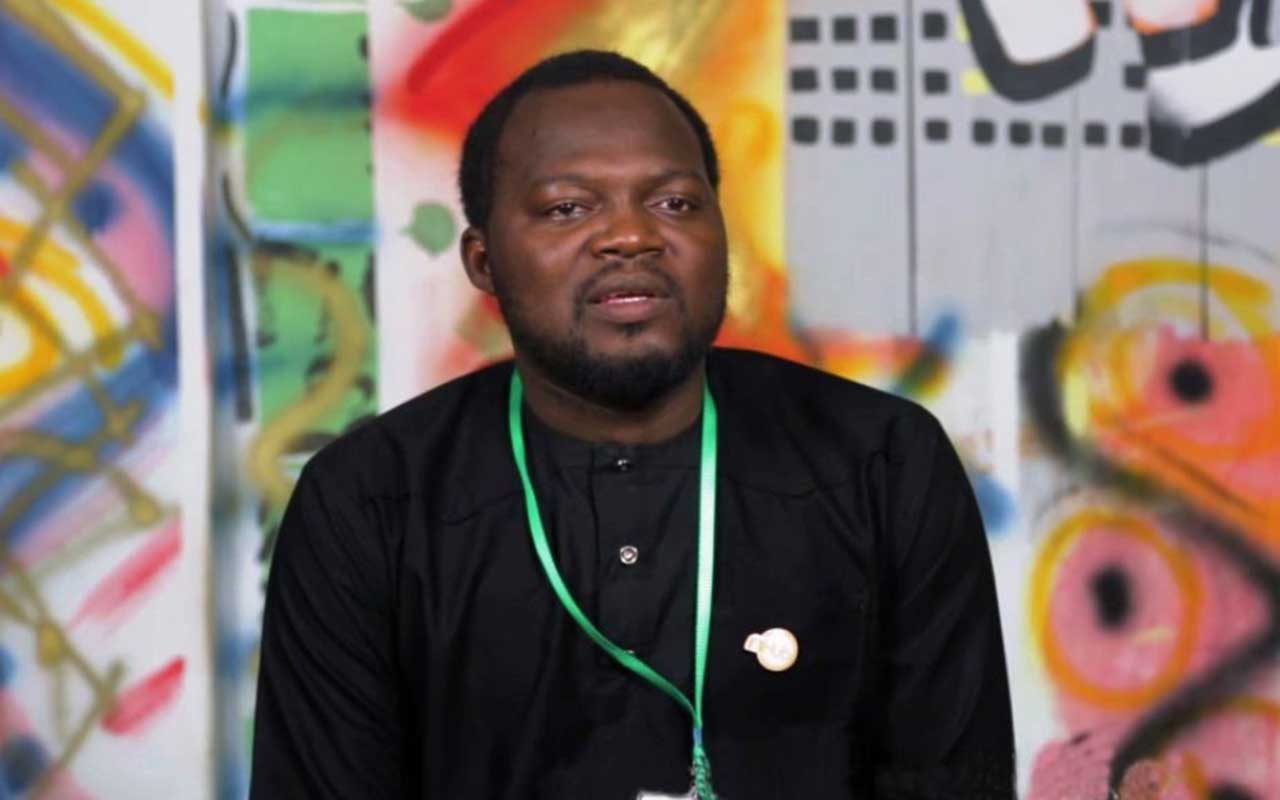
DBI, an Information and Communication Technology (ICT) institution is owned by the Nigerian Communications Commission (NCC).
In its 20 years of existence, DBI has been advocating for the standardisation of ICT training in Nigeria. Through its Global Certification and Training Partnership Programmes, the firm is seeking to license its certificates and training programmes.
Speaking at the public launch, the DBI President, David Daser, said the event marked a significant milestone in their journey to promote digital literacy, skills and capacity building in Nigeria.
He noted that Nigeria, like many other countries, faces a significant skills gap in the ICT sector.
Daser, quoting the United Nations Children’s Fund (UNICEF), lamented that only seven per cent of teenagers and youths between ages 15 and 24, have marketable ICT skills needed for survival in a digital economy,
Daser recalled that a report by Palladium Group in 2020 stated that 55 per cent of the youth population are either under-employed or unemployed, due to a mismatch between the job market and skills youth are trained in.
“This is because practical, digital, and entrepreneurial skills that would better prepare youths for future employment are mostly lacking in the current curriculum. Consequently, this has led to a noticeable mismatch between expected and actual skills of graduates, especially in communication, ICT, decision making, critical thinking, entrepreneurial and other allied skills.”
“By licensing its programmes, DBI will empower youths to acquire in-demand skills and contribute to reducing unemployment in the country,” Daser said.
He explained that the GCP/GTP programmes are designed to provide individuals and organisations with a robust framework for developing and validating ICT skills, adding that it is a product of extensive research, consultation, and collaboration with industry experts, academia, and key government agencies.
Daser stated that the initiative is driven by a vision to ensure that as Nigeria gets positioned to play a greater role in the global ICT ecosystem, qualified training institutions and technology hubs can enact high-quality training under the DBI banner.
He disclosed that the firm is democratising access to ICT training and certifications by licensing its programmes to qualified institutions, trainers, and organisations across the country.
“By doing so, it aims to create a network of certified training providers who can deliver DBI curriculum to learners in every state in the country. It is also pertinent to state that this is the appropriate time for a local certification for benchmarking digital skills in Nigeria.”
Speaking on the topic: ‘Harnessing strategic advantages through collaboration with DBI: Unlocking global certification and training excellence,’ Chief Executive Officer, Nigeria Climate Innovation Centre (NCIC), Mr Bankole Oloruntoba, said the initiative is a defining moment in the country’s collective pursuit of excellence in digital skills development, workforce upskilling, and global competitiveness.
He said: “As we navigate the ever-evolving landscape of technology, education and workforce development, how do we ensure that individuals, institutions and industries remain ahead of the curve in the digital economy? The answer lies in strategic collaborations, and today, I want to highlight the unparalleled benefits of partnering with DBI in this transformative journey.”
Oloruntoba noted that DBI has consistently demonstrated leadership in bridging skills gaps and fostering digital empowerment across Nigeria and beyond.
He added that through the programmes, DBI is setting new benchmarks in digital education, offering stakeholders the opportunity to engage in a world-class ecosystem of knowledge and innovation.
Similarly, Dr. Niran Oyekale, Chairman, Commit Technology and Consult,
lamented that the global skills shortage is rising, and stressed the need for ll concerned to ensure that Nigerian youths are not left behind.
“In just five years, millions of jobs in artificial intelligence, cybersecurity, cloud computing, and digital services will be open, but unfilled—because the right talent is missing. Nigeria has the talent. But do we have the strategy? Do we have the commitment to ensure that our young people are not left behind in this digital revolution?
“This is why President Bola Tinubu’s vision to increase Nigeria’s digital literacy from zero in 2023 to 70 per cent by 2027 is not just an ambitious target, it is a roadmap to economic diversification, industrialisation, and national transformation.






